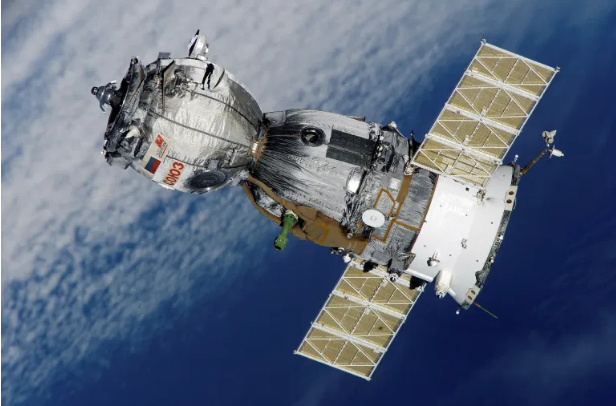Microsoft Makes the Leap to Space With Azure Space
Microsoft is in second place in the Earth-based cloud market, but it looks to be positioning itself to be the premier cloud provider for space.
The company announced the latest version of its Azure cloud program, Azure Space, designed to be the “the platform and ecosystem of choice for the mission needs of the space community.” As companies large and small turn to space for communications, travel and colonization, cloud computing will be an important part of the transition.
Microsoft has also partnered with SpaceX to pair Azure with the Starlink satellite system. Starlink is a low-Earth orbit constellation of satellites designed to provide internet access that competes with terrestrial broadband. Unlike legacy satellite internet providers, such as HughesNet and Viasat, Starlink’s low-Earth orbit provides faster speeds and much lower latency, inline with traditional broadband options.
The combination of Starlink and Azure will help the two companies compete with Amazon and Blue Origin, as well as provide service to customers in remote regions.
“As the importance of data to society has increased, so too has the importance of reliable and diverse pathways for connectivity,” writes Tom Keane – Corporate Vice President, Azure Global. “Our global network of over 160,000 miles of subsea, terrestrial, and metro optical fiber helps billions of people connect all around the world. However, many of our customers also operate in remote, rugged environments and find it hard to keep pace with their increased need for access to data and bandwidth.”
In addition to competing with Amazon, the Microsoft and SpaceX partnership will help both companies play a pivotal role in future US space operations.
“The two companies also plan to further connect Starlink with Microsoft’s global network — including Azure edge devices — integrate SpaceX’s ground stations with Azure networking capabilities,” writes Jennifer Sokolowsky, in a company blog post.
“SpaceX recently won a contract with the Space Development Agency to build new satellites – separate from the Starlink system – in support of a Space Tracking Layer defense system capable of detecting and tracking ballistic, cruise and hypersonic missiles. Microsoft will be join the SpaceX team on this project.”
It appears that Microsoft is going all-in on the final frontier, and may quickly establish itself as the platform of choice for space operations.


